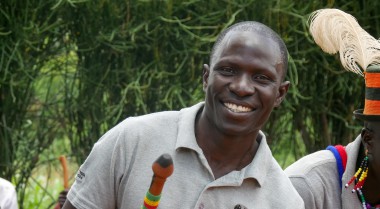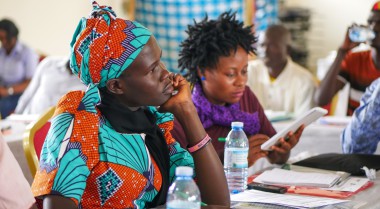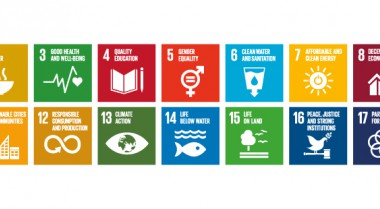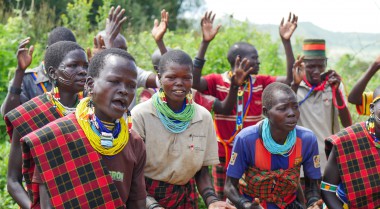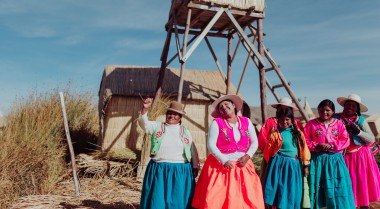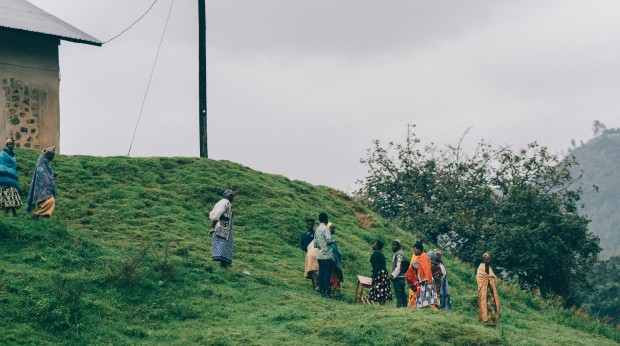From exclusion to empowerment in North Western Uganda
In the heart of Yumbe District, in North Western Uganda, Marion and Rose empower local women to participate in peace processes. This conversation is a window into their world. It vividly portrays their experiences, strategies, and triumphs in an exceptionally fragile region due to possible spillover effects from its neighbouring conflict-affected countries, the Democratic Republic of Congo (DRC) and South Sudan.
Together, Marion and Rose have over 60 years of peacebuilding experience, having worked tirelessly in Uganda and its neighbouring regions. They are steadfast in their commitment to building peace from within communities. After years of conflict during which women were systematically excluded from peace processes, the situation in North Western Uganda is dire, with communities in desperate need of sustainable solutions.
“According to one of the district leaders, parents fear their children more than they fear the gun,” says Marion. Reflecting on the past, Rose adds, "In Uganda, when peace negotiations were taking place, women were nowhere to be seen. We always saw the top rebels everywhere, but the wives and widows of those fighting - were invisible."
Community connection through local language
In their endeavour to empower women and support them in claiming their seats at the peace table, Marion and Rose connect with women on the ground as part of their work with the Center for Conflict Resolution (CECORE). They recognise that many of these women are illiterate and speak languages other than English. Through their 6-month project, financially supported by the Rapid Response Window of the United Nations Women's Peace and Humanitarian Fund (WPHF), they pass on essential skills, knowledge, and confidence to other women necessary for active participation in peace dialogues. This involves presenting issues to the local authority, articulating arguments, building relationships, and gathering support for their meaningful inclusion in peace dialogues and conflict resolution in the communities.
"It's crucial that we conduct all our training in the local language," explains Rose, emphasising the importance of accessibility. Marion nods in agreement, adding, "When women learn in their local language, they can express themselves better and take the learnings home with them, reaching many more."
Beyond the immediate peacebuilding needs
"The impact of war is long-term," reminds Rose. “Many women are still grappling with trauma, their experiences haunting them to this day.” Recognising the enduring effects of conflict, Rose and Marion strongly emphasise providing psychosocial support and economic empowerment to women in their communities, ensuring that their project also supports long-term healing, empowerment, and resilience-building. They leverage the knowledge within the GPPAC network, tapping into the expertise of GPPAC members from the Western Balkans to support them in their efforts.
In their training to address the deep scars of conflict and the systematic marginalisation of women, Marion observed that, “Women wish they had prior skills in mediation, negotiation, and conflict resolution. They feel like they would have been better equipped to handle situations that are happening in their communities and their families. For instance, being able to provide for their households and know how to react when something is wrong.”
This observation motivates Rose and Marion to continue their meaningful work. They understand that true change requires empowering women and engaging with those who are predominantly in power—men. In communities where women are sidelined from decision-making processes, Marion and Rose actively involve men in their training, recognising their crucial role as allies in promoting women's meaningful participation in peace dialogues.
Men as allies
In places historically restricting women from actively participating in decision-making and peace dialogues, Rose and Marion experience moments of triumph.
"We are collaborating with Muslim religious leaders with mediation expertise. I recall an activity where women and religious leaders held hands in team-building exercises. During this exercise, one of the leaders said that traditionally, as a Muslim, he should not be close to another man's wife. However, the exercise challenged cultural norms and broke barriers between men and women. Despite initial reservations, everyone participated, showing a willingness to transcend cultural boundaries for the greater good of building peace." shares Rose proudly.
Rose and Marion will keep their fingers on the pulse of women's peacebuilding in North Western Uganda. Their journey has been one of determination and triumphs, and they show no signs of slowing down.
